Predatory Marketing Company Contracts and Tips to Break Free
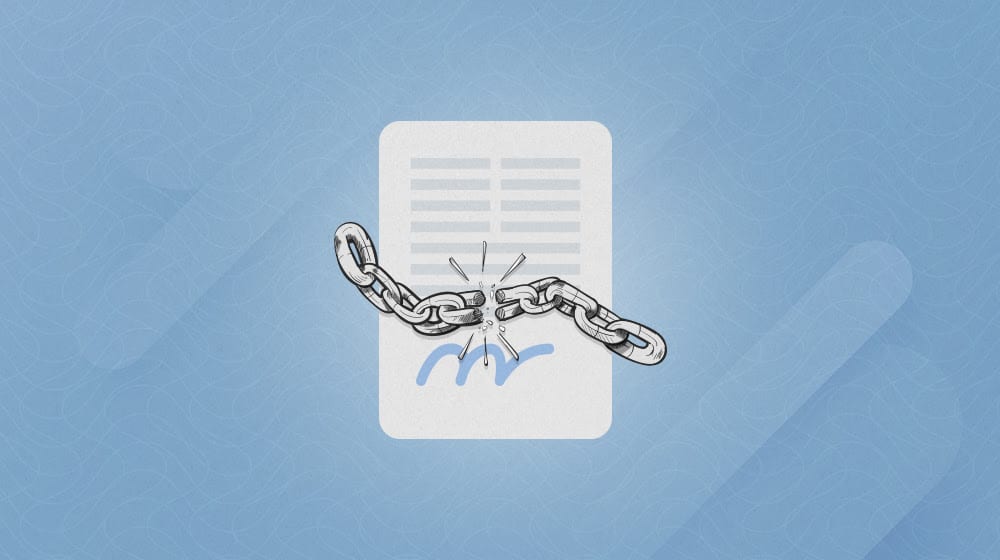
Marketing makes the online world go round. It's essential for pretty much any business that wants to do business with more than just the friends and family of the founder.
Marketing is also a complex task that can take years to learn to do, requires a team of people with that training, and forms an entire department in many companies. I'm not just talking about sales, either; there's content production, PPC advertising, analytics, and more. It all adds up.
It's no wonder, then, that there are hundreds of marketing companies out there, from small one-man operations to massive corporations that work with the likes of Disney and Nike, all vying for clients and trying to saturate the market with their expertise.
It's also no wonder that there's absolutely no shortage of predatory, scammy, and outright fraudulent marketing "companies" out there. You know the sort, the kind that locks you into lengthy contracts using high-pressure sales tactics, promising the moon if you just sign here on the dotted line and don't ask questions. The kind that charges an arm and a leg, plus a percentage of the profits they earn you, and have all manner of fees and threats if you try to cancel. The kind that tries to hold everything from your keyword lists to your trademarks hostage.
While obviously, the best choice is to not get involved with these companies in the first place, sometimes you might not know better, or you were pressured into it with promises and lies, or you aren't the decision-maker and your CEO left to you to try to figure out how to get out of the contract.
So, I'm operating from the premise here that you're in a sticky situation with a contract linking you to a predatory company, and you want to get free.
No shame in it; everyone makes mistakes, and it's more important that you learn from them than that you're punished for them. So, here are my recommendations on how to break free from a predatory contract.
Check for Cooling-Off Laws in Your State
Before digging too deep, it might be worth talking to a local lawyer or attorney general to ask about state-level "cooling-off" laws.
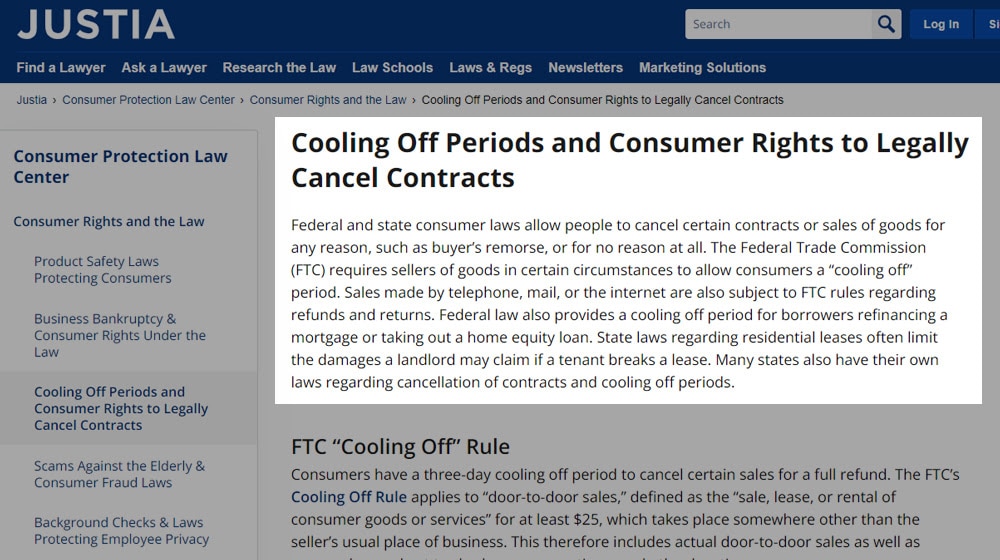
Unfortunately, this is one area where consumer protections in the USA lag behind. The UK, for example, has a mandatory two-week period for cooling-off.
In the USA, it's only three days and only applies to certain kinds of contracts.
State laws can vary, but you need to check which laws apply to you. They will likely be relevant to the location where your business is registered or where you live but may apply to the state where the marketing company is registered. In either case, chances are it won't be more than a week or two, so if it's been at least that long, you'll need to move on to other options.
Signal Intent to Cancel and Revoke Account Access
Once you're certain you want out of this contract, you should signal your intent to cancel the contract with the company. Depending on how predatory they are, they may claim there's a lengthy process for cancellation, they may try to retain you with various offers, or they may have "technical difficulties" and suddenly be hard to contact. Signaling your intent to cancel can help you figure out just what you're going to be dealing with.
You should also make a list of every account they have access to, including things like your blog, your Google Ads or other ad network accounts, your Yelp and other business profile pages, your Analytics and Search Console accounts, your Email Marketing platform, your Social Media accounts, and even collaboration tools like your Google Drive.
If you strongly suspect that this company is going to be underhanded with their tactics, revoke their access to everything you can as soon as you can.
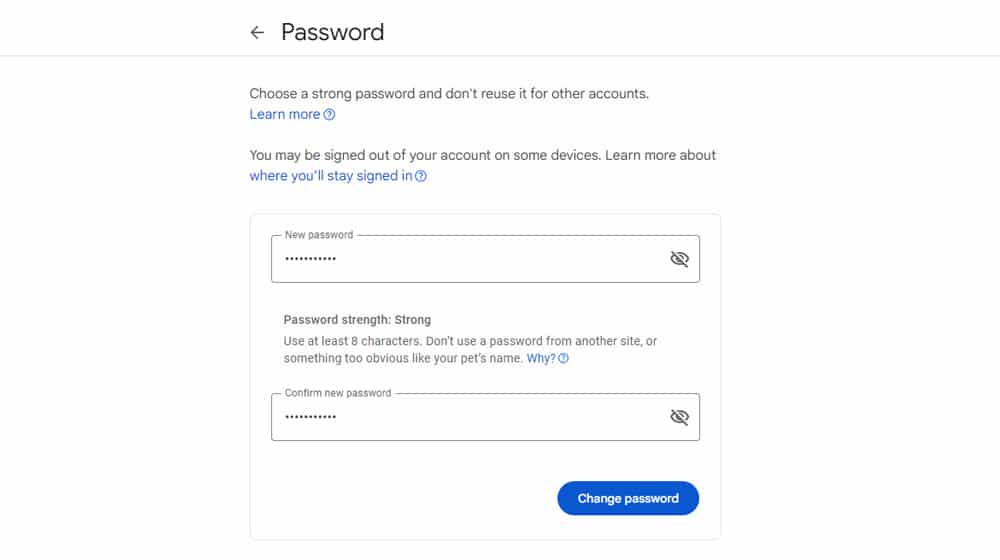
You don't want them to be able to do things like inject malware or damage your content in a way that could get you removed from Google or banned from an ad network or social media. You also don't want them to be able to scrape, steal, delete, corrupt, or otherwise damage or ransom your data. Anything of yours that is stored on their properties, Drives, and other locations, copy for yourself. You want to minimize any potential damage.
I recommend not doing any of this until you're certain what you'll be dealing with, and potentially not even until you have a lawyer on your side. So keep reading before you take action.
Examine the Contract and Terms
The first thing you want to do is gather up any and all contract information you signed. Dig out old emails, PDFs, paperwork; anything you may have kept. Your goal is to comb through this, looking for two things.
First, you want to identify the cancellation policy. Predatory marketing companies will generally make it hard to cancel by making you jump through hoops to prove some violation of their terms. They will also have long base contracts, so you may be signed up and "locked in" for two years or more. On top of that, they have early cancellation fees that are not only exorbitant and extortionate, they add on more for however many months are left in the contract, which makes those long base contracts even worse.
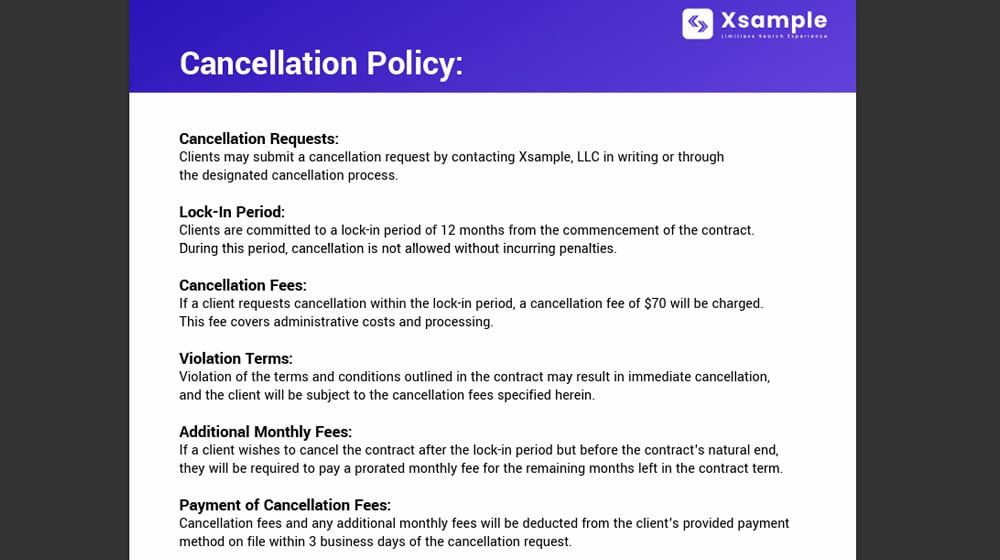
This will serve two purposes for you to research. The first is so you know what you're up against. In rare cases, the cancellation fees are high but not untenable, and you may be able to just eat the cost and consider it an expensive lesson. Most of the time, though, they're extreme, which is what you want to record.
Generally, early cancellation fees are legal, but they can't be so high as to be a penalty. Typically, they are allowable when they can be justified as the cost the charging party lost in opportunity for losing the remainder of the contract. If the fees are extreme, you can potentially argue that they constitute an illegal penalty. You may then be able to negotiate smaller fees or no fees at all, depending on how good your lawyer is.
The second thing you want to examine is the contract's definitions and clauses relating to services rendered. What does the company promise they will deliver, in what form, and on what timelines? You want to match this up to what they've actually delivered and see if they've violated their own contract. This is one of the more common loopholes you can use to get out of these kinds of contracts; if you and your lawyer can justify their breach of contract, you can often release the contract without penalty.
It can also be a good idea to read the entire contract and familiarize yourself with what all is in it, just so you know what a predatory contract looks like and can review future contracts in comparison. You can also browse things like contract templates and compare, though you never know how accurate those templates actually are.
Prepare to File Complaints
Predatory companies rely on their ability to blindside people with flashy promises and get them to sign up, then make it difficult to cancel and pull as much money from them as they can while providing little or no actual benefit to their clients.
You can attempt to fight them in this by filing complaints. The more visible they are as predators and scammers, the harder they will find it to rope in new marks. Of course, many predatory companies will just rebrand if their name is tainted enough, but that can delay their ability to scam people since they need to rebuild their new brand, which can take time and money.
In rare cases, they may even offer to let you out of your contract in exchange for deleting your negative reviews. You may even be able to agree to that deal and then leave the reviews up or edit them to reflect the situation.
So, where should you consider filing complaints? Here are some options.
- Review sites like Yelp, Google, and other directories.
- Social media, including Facebook, LinkedIn, and X/Twitter.
- Reddit.
These are the "social pressure" reviews. They're the ones that can be indexed by Google and can crop up when someone else searches for the name of the company, the names of the people involved, and so on. You should be honest, clear, up-front, and calm about your reviews; an angry, poorly-written review looks fake and might not even be posted or visible, whereas a clearly more rational review is given more visibility.
You can try options like the Federal Trade Commission's complaint and fraud report systems, which usually refer the complaint to the company to respond and can levy penalties if they don't like what they see. USA.gov also has some other options as well, including your state consumer protection office.
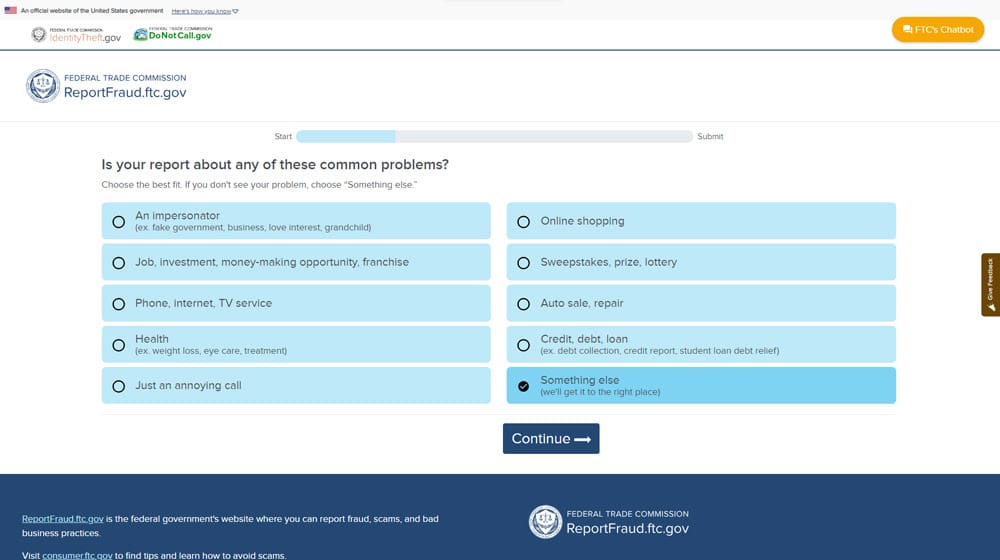
Note: What about the BBB? The Better Business Bureau is even called out on USA.gov as an option, but it might not be as useful as you hope. Despite the name, the BBB is a private company, and it's relatively easy for a company to pay to be accredited and, more importantly, to discredit your reviews and complaints. It might be helpful, or it might not, depending on how well the predatory company knows how to manipulate BBB ratings.
These are the kinds of threats and complaints that can do anything from fine a company to get them shut down, depending on how egregious and widespread the complaints are. Unfortunately, they're slow and ponderous, so they won't help you any time soon, at least not directly.
Get a Lawyer
Perhaps the single biggest piece of advice I can give is to get a lawyer on your side. Preferably a contract lawyer who is familiar with these kinds of situations and knows all of your local laws relating to contracts, consumer protection, and predatory fees.
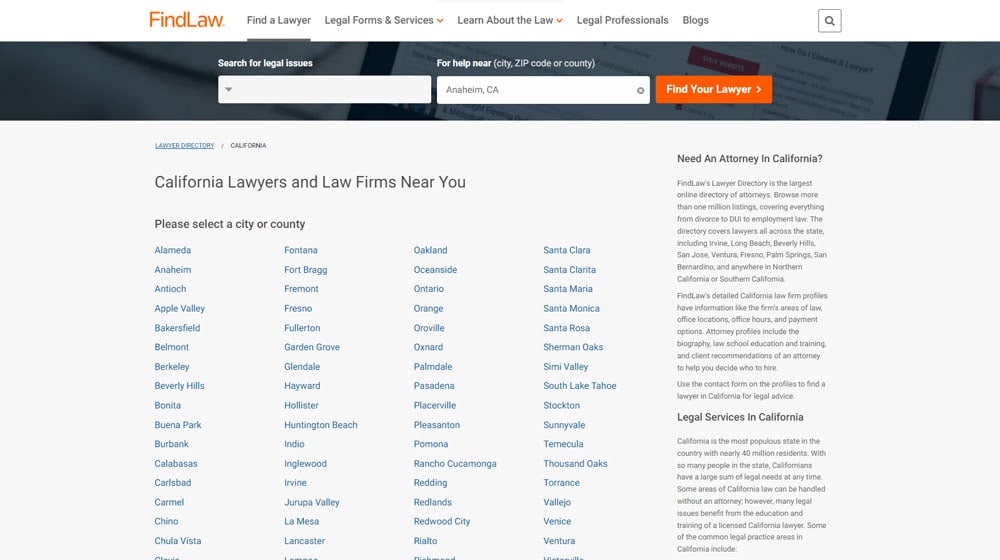
A lawyer can help you with a variety of things, from being the one to talk directly to the company in legal terms to sending letters that are very official and backed up by actual case law. And, if those don't work and you still have issues, the lawyer can represent you in court when it comes time to fight.
Because, and this is an unfortunate fact, you may have to fight. Some companies will fold at the sight of a lawyer because they rely on not being challenged and will go after easier pickings. Others will have drafted themselves into as secure a legal situation as they can and will make you fight for it.
This is where you have to decide if it's worth just paying the fee to escape or paying lawyer and court fees instead. There's a lot of complexity to this math, so it's not an easy choice to make.
Move on to Better Options
When all is said and done, and the predatory company has been put behind you, you will have learned your lesson. That doesn't help when you still need marketing services, though, so you need to find a good marketing company that can take over where the predatory company left off and do things right. Make sure to review any contracts carefully before you sign, know what you are and aren't going to be charged for the services, and make sure you have protection baked in.
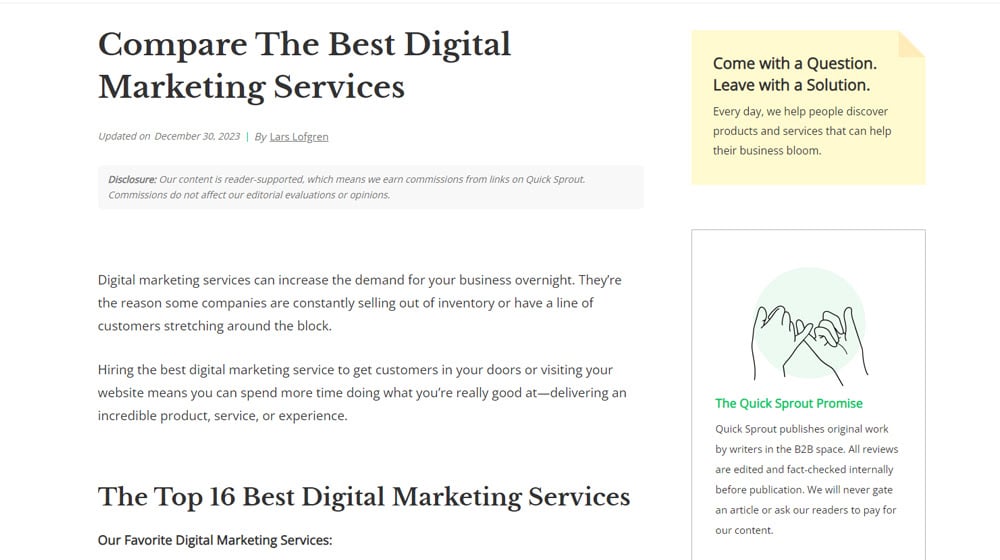
Everyone makes mistakes. The best we can hope for is to learn from them, grow, and move on to better things. Hopefully, you can do that, too, once you're free of a predatory contract.










January 19, 2024
Excellent article! Everyone should be aware of these types of contracts.
January 19, 2024
Thank you David, I appreciate it!